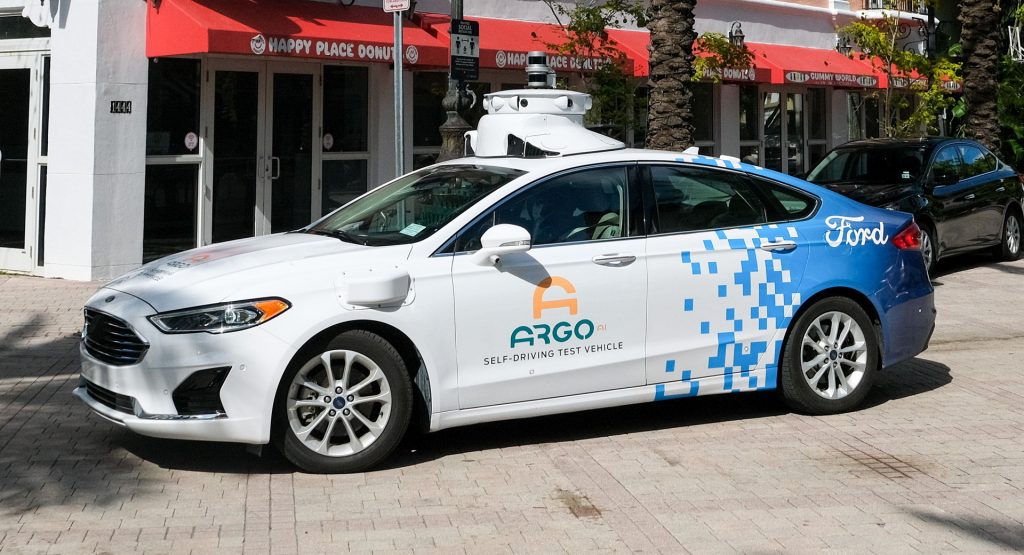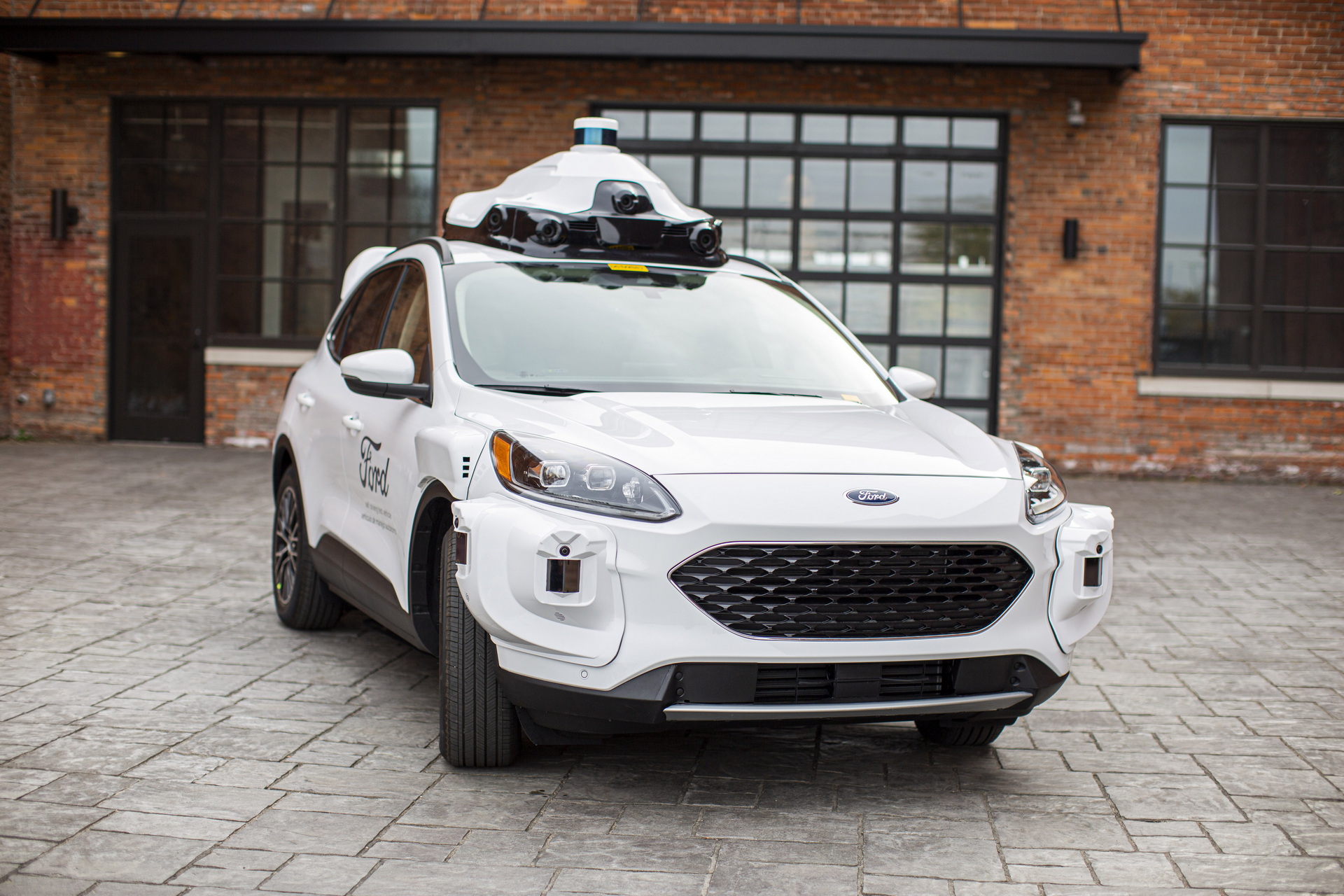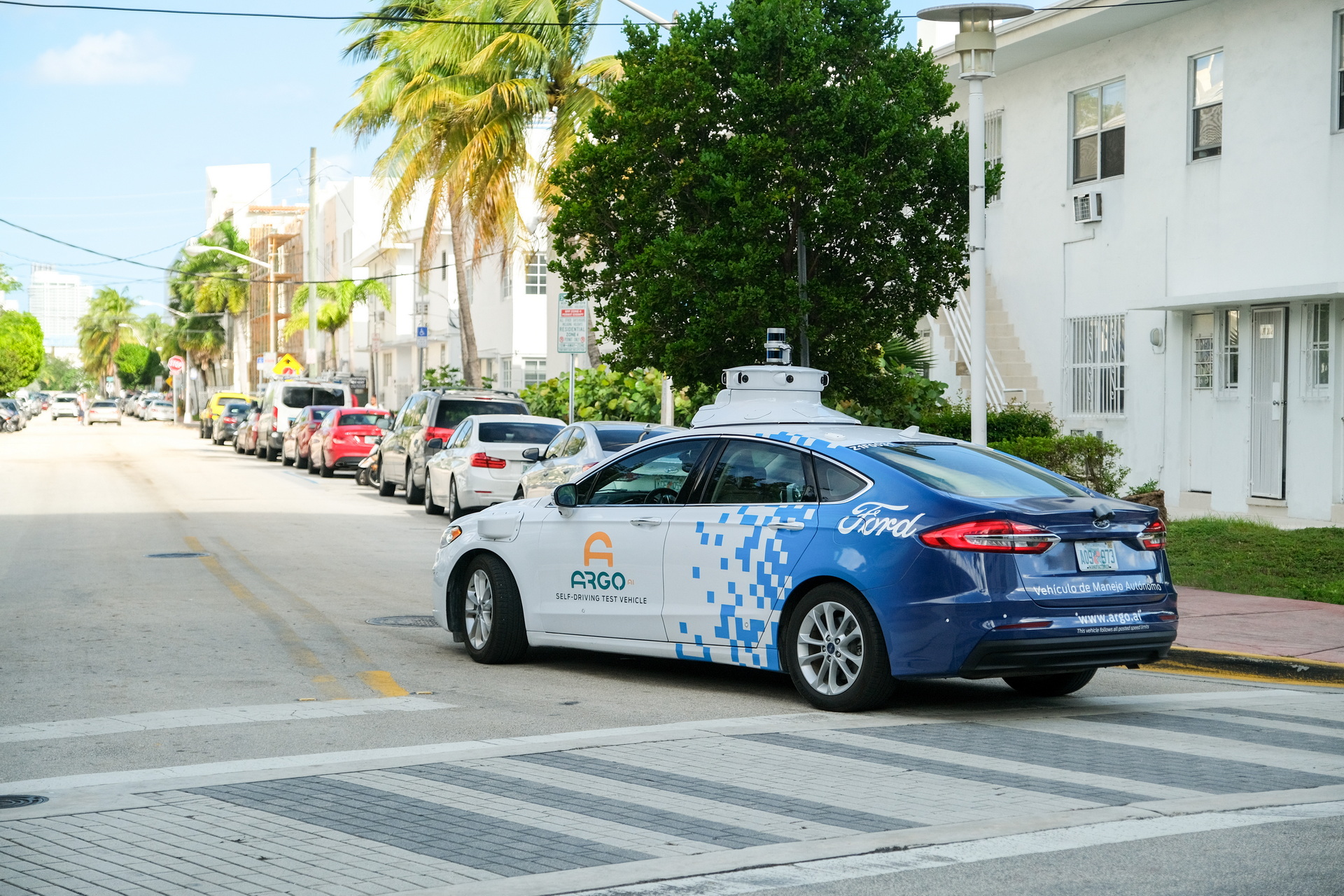Attempts to introduce exemptions for self-driving vehicle testing to a transportation bill have been rejected by the U.S. Senate Commerce Committee.
The bill sought to lift restrictions imposed by the National Highway Transportation Administration (NHTSA) on tens of thousands of autonomous vehicles with a view to aiding automakers test the technology and roll it out faster. According to Reuters, the bill was being pushed by Republican Senator John Thune and Democratic Senator Gary Peters and was supported by the Self-Driving Coalition, which represents Ford, Waymo, Volvo, and others.
It was, however, opposed by the teamsters union as well as the American Association for Justice, which represents plaintiffs lawyers, and told Reuters it “will continue to oppose any legislation that exempts the driverless car industry from basic safety standards, and allows auto and tech companies to avoid being held accountable through the use of forced arbitration clauses.”
Read More: Two Senators Working On Legislation To Put Autonomous Cars On American Roads
While those in favor of the bill see it as a necessary step to accelerate the development of autonomous technology and keep a technological edge over China, those who oppose it point to the safety of other drivers and road users.
“It seems like every other week we’re hearing about a new vehicle that crashed when it was on Autopilot,” Maria Cantwell, Commerce Committee Chair, said. “I do think this is legislation that we can complete by the end of this year… These last issues are very thorny as it relates to legal structure.”
Along with the technological advantage over other countries, though, proponents of the bill argue that self-driving technology could help ultimately make roads safer by helping to keep drunk and irresponsible drivers off the road. Indeed, proponents of self-driving vehicles in general point to how unsafe roads currently are as an argument for the technology.
“Democrats have yielded to pressure from special interests against the best interests of our economy and the American people,” Thune said. “Are we really going to continue to ignore the enormous safety benefits of these vehicles?”
The teamsters union, meanwhile, may object to self-driving technology to defend the truck drivers it represents. The U.S. census indicates that there are more than 3.5 million truck drivers in America, and their jobs could be jeopardized by self-driving technology.






